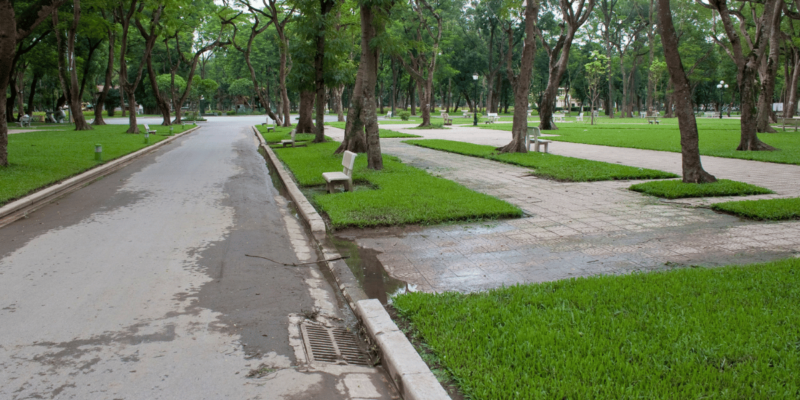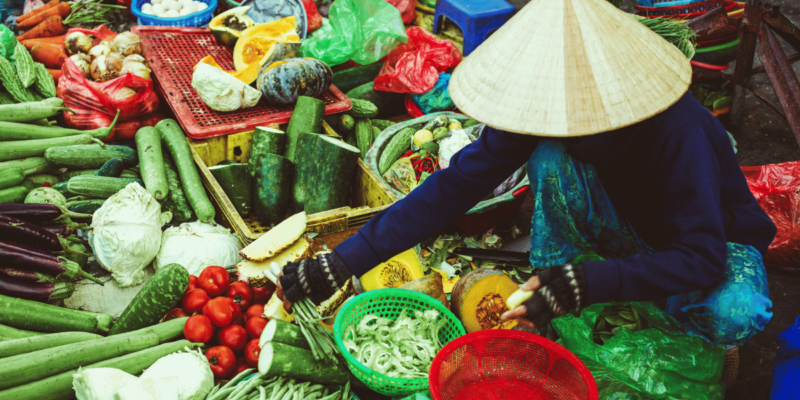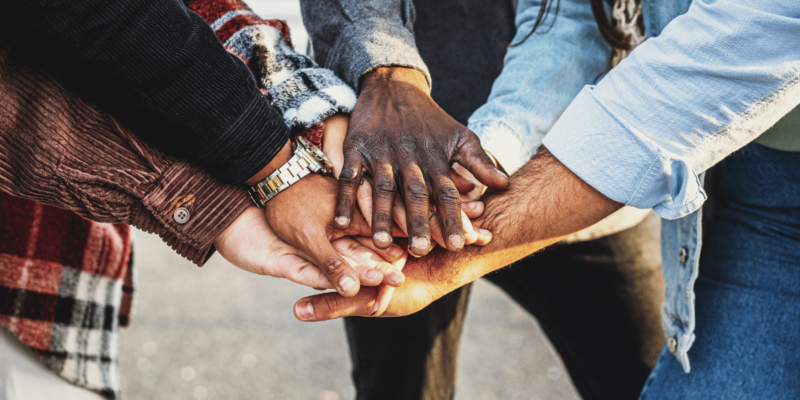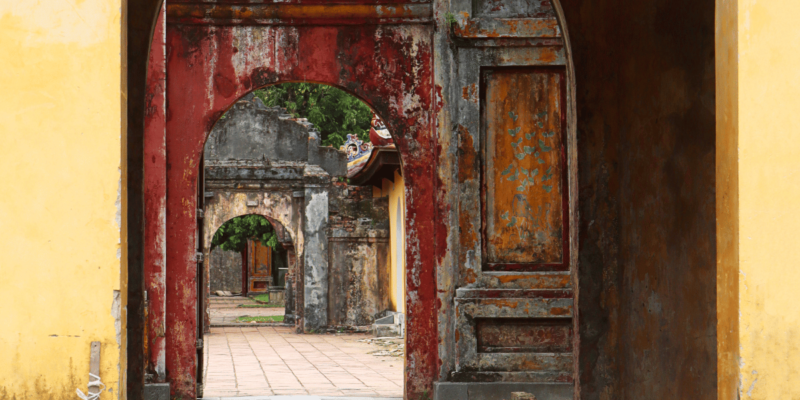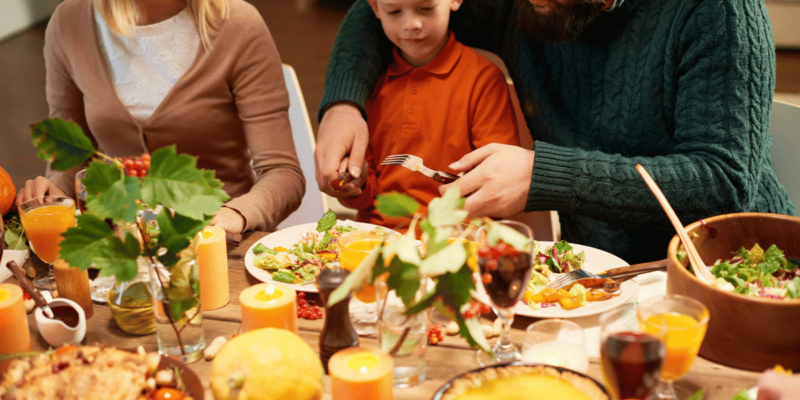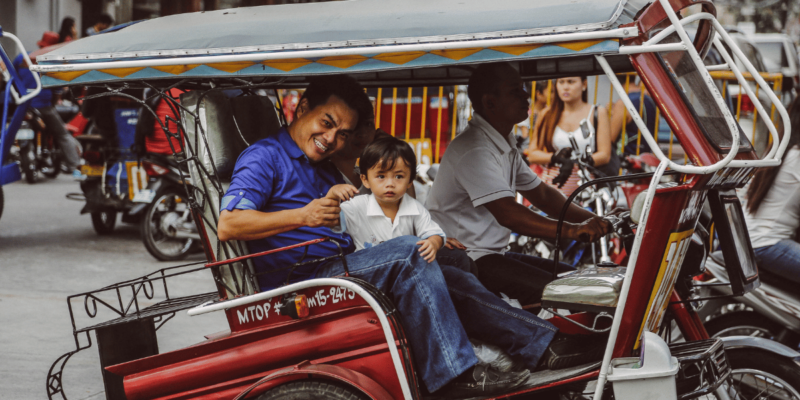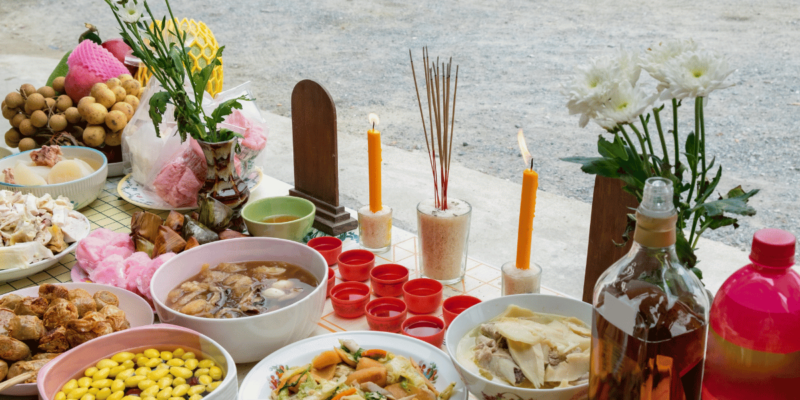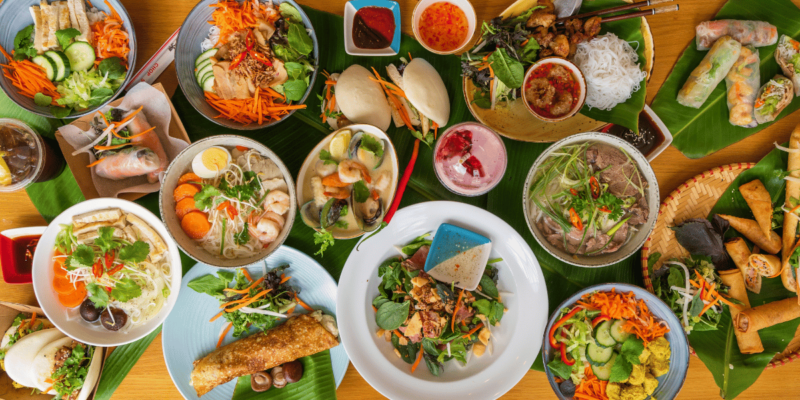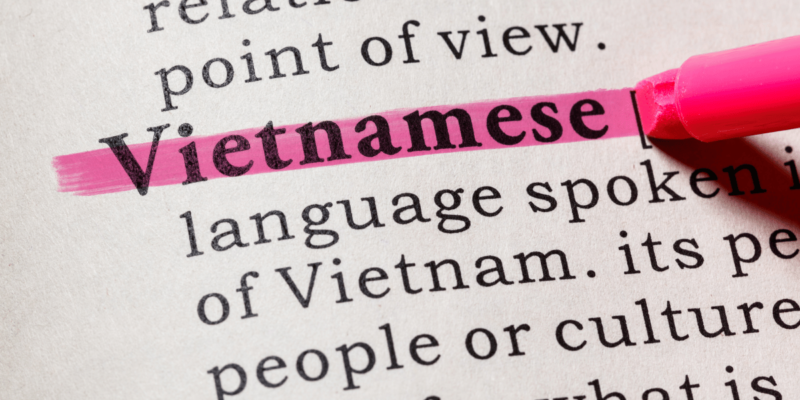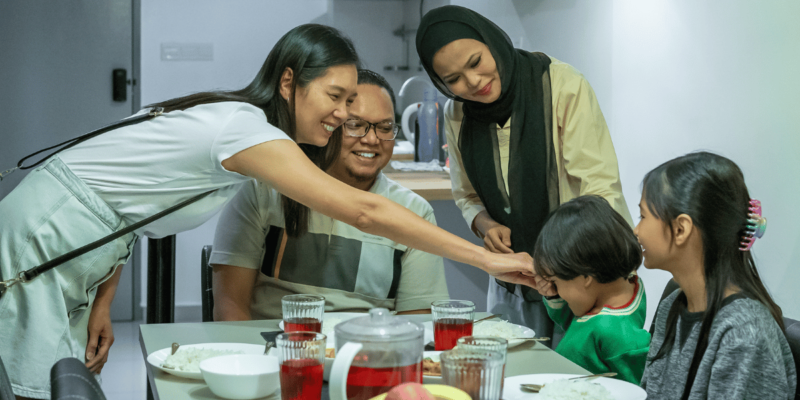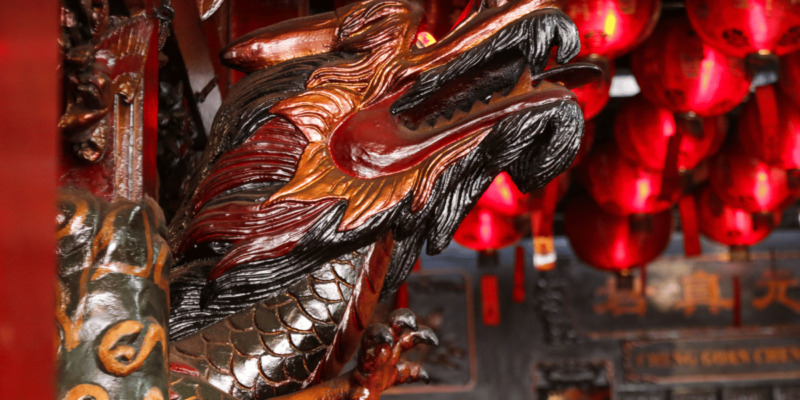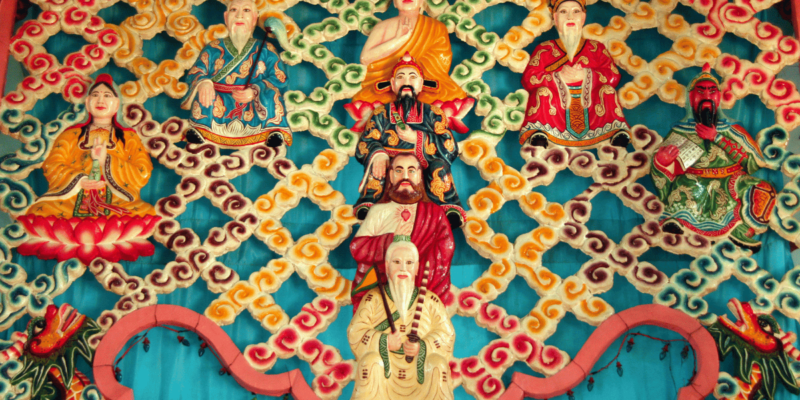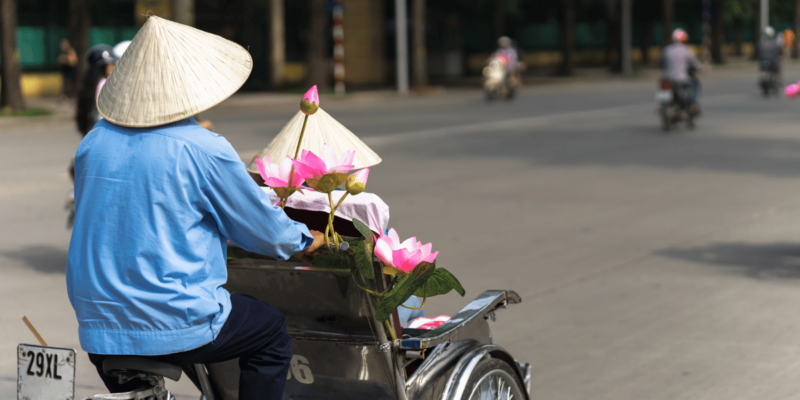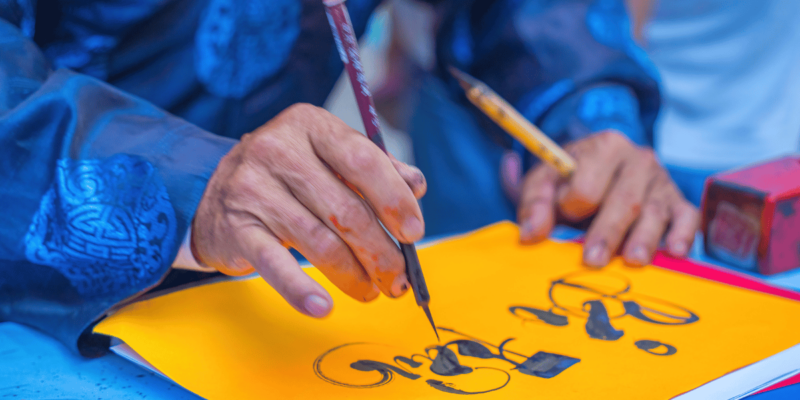Vietnamese Taboos
Taboos are deeply ingrained in every culture, representing the unspoken rules that govern behavior and social norms. In Vietnamese culture, these taboos are particularly significant, influencing interactions, traditions, and daily activities. Understanding these cultural taboos is essential for both visitors and locals to ensure respectful and harmonious interactions. This article explores various Vietnamese taboos related to social etiquette, communication, daily life, religious practices, and their impact on modern society.
Taboos Related to Social Etiquette
Social etiquette in Vietnam is guided by a set of taboos that emphasize respect and politeness.
Personal Space and Physical Contact: Physical touch, especially between men and women, is generally avoided in public. It is considered inappropriate to touch someone’s head, as it is regarded as the most sacred part of the body.
Pointing: Pointing with fingers or feet is considered rude. Instead, it is polite to use the whole hand to indicate directions or objects.
Gifts and Receiving Items: When giving or receiving gifts, it is customary to use both hands. This gesture shows respect and appreciation for the giver and the receiver.
Taboos in Communication
Communication in Vietnam is governed by taboos that reflect the importance of respect and harmony.
Respectful Address: Using proper titles and forms of address is crucial. Addressing someone without using their appropriate title can be seen as disrespectful.
Speaking Loudly or Aggressively: Loud or confrontational speech is frowned upon. Maintaining a calm and gentle tone is preferred in all interactions.
Discussing Sensitive Topics: Topics such as politics, religion, and personal finances are generally avoided in conversations to prevent conflicts and maintain social harmony.
Taboos in Daily Life
Everyday life in Vietnam includes various taboos that are observed to maintain respect and cleanliness.
Footwear: It is customary to remove shoes before entering a home. Wearing shoes indoors is considered disrespectful and unclean.
Chopsticks: Sticking chopsticks upright in a bowl of rice resembles incense sticks used in funerals and is considered bad luck.
Sleep and Sitting Positions: Pointing feet towards others or sacred objects is disrespectful. Feet are considered the lowest and least clean part of the body.
Religious and Spiritual Taboos
Religious and spiritual practices in Vietnam come with their own set of taboos that must be respected.
Temple Etiquette: When visiting temples, it is important to dress modestly and behave respectfully. Loud conversations and inappropriate attire are not acceptable.
Ancestor Worship: Altars and offerings to ancestors are sacred. Touching or disturbing these areas is highly disrespectful.
Photography: In many religious sites, taking photos is restricted. Always ask for permission before photographing sacred places or ceremonies.
Taboos in Festivals and Celebrations
Festivals and celebrations in Vietnam have specific taboos that are observed to ensure good fortune and respect.
Tet (Lunar New Year): During Tet, certain actions such as sweeping the house or arguing are avoided to prevent bad luck in the coming year.
Weddings and Funerals: Appropriate behavior and dress are essential. Wearing bright colors at funerals or white at weddings is considered inappropriate.
Gifting: Certain gifts, like knives or scissors, are taboo as they symbolize cutting relationships. It is important to choose gifts thoughtfully.
Impact of Taboos on Modern Vietnamese Society
Vietnamese society today is a blend of traditional values and modern influences, and taboos continue to play a significant role.
Balancing Tradition and Modernity: While modernization brings changes, many traditional taboos still hold sway, reflecting a balance between the old and the new.
Generational Differences: Younger generations may be less strict about certain taboos, but they generally continue to respect core cultural practices.
Cultural Integration: Globalization introduces new cultural practices, but traditional taboos help preserve Vietnamese cultural identity amidst these changes.
Conclusion
Understanding and respecting Vietnamese taboos is crucial for fostering positive interactions and appreciating the rich cultural heritage of Vietnam. These taboos, whether related to social etiquette, communication, daily life, or religious practices, provide a window into the values and traditions that shape Vietnamese society. As Vietnam continues to evolve, these cultural norms play a vital role in maintaining social harmony and preserving the nation’s identity. Respecting these taboos not only enhances one’s experience in Vietnam but also contributes to mutual respect and understanding between different cultures.






